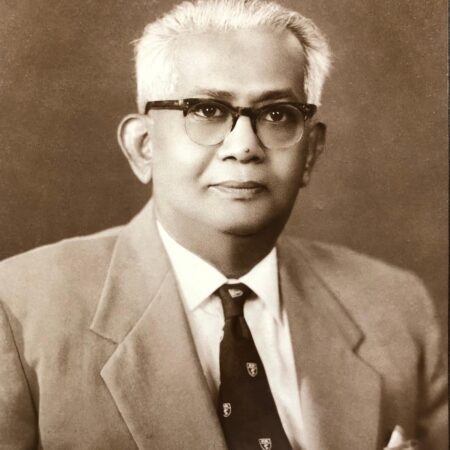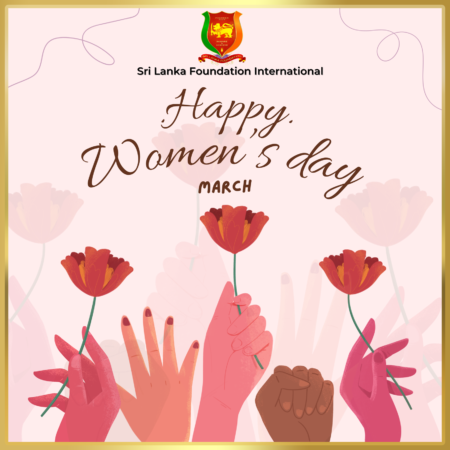Two global media reports this week put several Sri Lankan asylum seekers in Hong Kong under spotlight for helping the world famous whistleblower turned fugitive Edward Snowden flee from Hong Kong to Russia in 2013.
One was identified as Ajith, a 44 year old soldier turned refugee by the National Post in its report tiled How Edward Snowden escaped Hong Kong (National Post). The other was Supuna 32-year-old native of Colombo, Sri Lanka, who has languished in Hong Kong’s refugee system since 2005. They were contacted for help by Robert Tibbo, the whistleblower Snowden’s lead lawyer in Hong Kong.
“I was very happy to help him,” Ajith recalled during a recent interview with the National Post in his small windowless room in Kennedy Town, on the western tip of Hong Kong Island. “This famous person was a refugee too, same as me.”
Ajith hid Edward Snowden in his tiny windowless, one-room apartment whilst in another occasion Supun and his wife Nadeeka let Edward Snowden hide in their home in Lai Chi Kok.
Earlier that day, that “famous” 29-year-old walked out of the five-star luxury Hotel Mira in Kowloon and sparked an intensive global manhunt not seen since the search for al-Qaeda’s Osama Bin Laden after the Sept. 11, 2001, bombings. the National Post said.
Edward Snowden, a former U.S. intelligence contractor, became the most wanted fugitive in the world after leaking a cache of classified documents to the media detailing extensive cyber spying networks by the U.S. government on its own citizens and governments around the world.
To escape the long arm of American justice, the man responsible for the largest national security breach in U.S. history retained a Canadian lawyer in Hong Kong who hatched a plan that included a visit to the UN sub-office where the North Carolina native applied for refugee status to avoid extradition to the U.S.
Fearing the media would surround and follow Snowden — making it easier for the Hong Kong authorities to arrest the one-time Central Intelligence Agency analyst on behalf of the U.S. — his lawyers made him virtually disappear for two weeks from June 10 to June 23, 2013, before he emerged on an Aeroflot airplane bound for Moscow, where he remains stranded today in self-imposed exile.
In the National Post report, it was also stated that armed with the money Tibbo gave him, Supun went to buy food while Nadeeka prepared the only bed in the house for their unexpected guest.
The next day, Supun was dispatched to buy the South China Morning Post, an English-language newspaper he admitted he never reads. It wasn’t until he brought the paper home that he and Nadeeka saw the giant front-page photo of the pale young man in their bed. “We were very, very surprised that this famous person was in our house,” Nadeeka said. “We can’t believe he’s here in our house.”
The tiny living space soon became overcrowded, especially since during his stay, Snowden “stayed in the room all the time,” Nadeeka said. She had to force him to come out to shower so that she could clean the room. Nadeeka, who fled Sri Lanka in 2007 after years of systemic rape and subsequent hospitalization according to her refugee claim, also worried about Snowden, “because I knew he was living a dangerous life.”
Prior to fleeing, Snowden hugged Nadeeka, shook hands with Supun and gave them US$200 for their hospitality before he was clandestinely shuttled off to another secret location.
Germany’s Handelsblatt (Handelsblatt) also featured the story titled Edward Snowden’s Guardian Angels and featured Sri Lankan duo along with a Filipino. Handelsblatt began its story with Nadeeka’s narration.
Both articles recount the scary drama, voluntary help and eventual escape of Snowden.











![TV-Poster-All-Exhibition-Sri-Lanka-in-Focus-USA-2025[1]](https://www.srilankafoundation.org/wp-content/uploads/2025/04/TV-Poster-All-Exhibition-Sri-Lanka-in-Focus-USA-20251-450x450.jpg)










